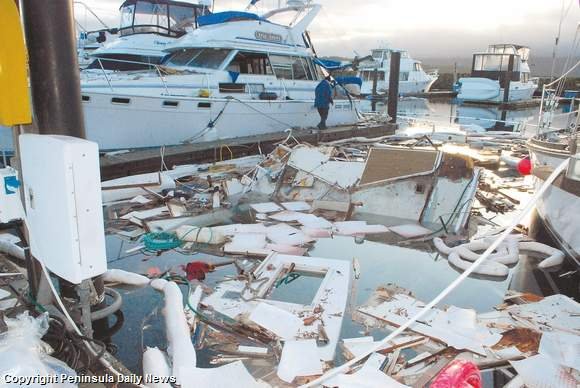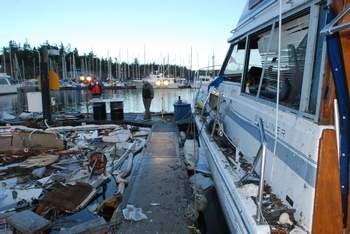Nomad Willy
Guru
In this episode of Path to Zero, Host Tucker Perkins invites Dr. Bryan Willson, executive director of the Energy Institute at Colorado State University (CSU), and Dr. Daniel Olsen, mechanical engineering professor at CSU, to provide an in-depth look into the recent $3.5 million U.S. Department of Energy (DOE) grant awarded to the university for the development of new, high-efficiency propane engines.
show notes
The objective of this 3-year DOE project is to develop propane engines as close to efficient as diesel engines, with an emphasis on heavy duty engines.
CSU has a 30-year history of gaseous fueled engine development, using alternative fuels such as propane, natural gas, hydrogen and biofuels. With the university’s world-class research facility, Powerhouse, they also have the capability to work on large and powerful engines.
show notes
The objective of this 3-year DOE project is to develop propane engines as close to efficient as diesel engines, with an emphasis on heavy duty engines.
CSU has a 30-year history of gaseous fueled engine development, using alternative fuels such as propane, natural gas, hydrogen and biofuels. With the university’s world-class research facility, Powerhouse, they also have the capability to work on large and powerful engines.


